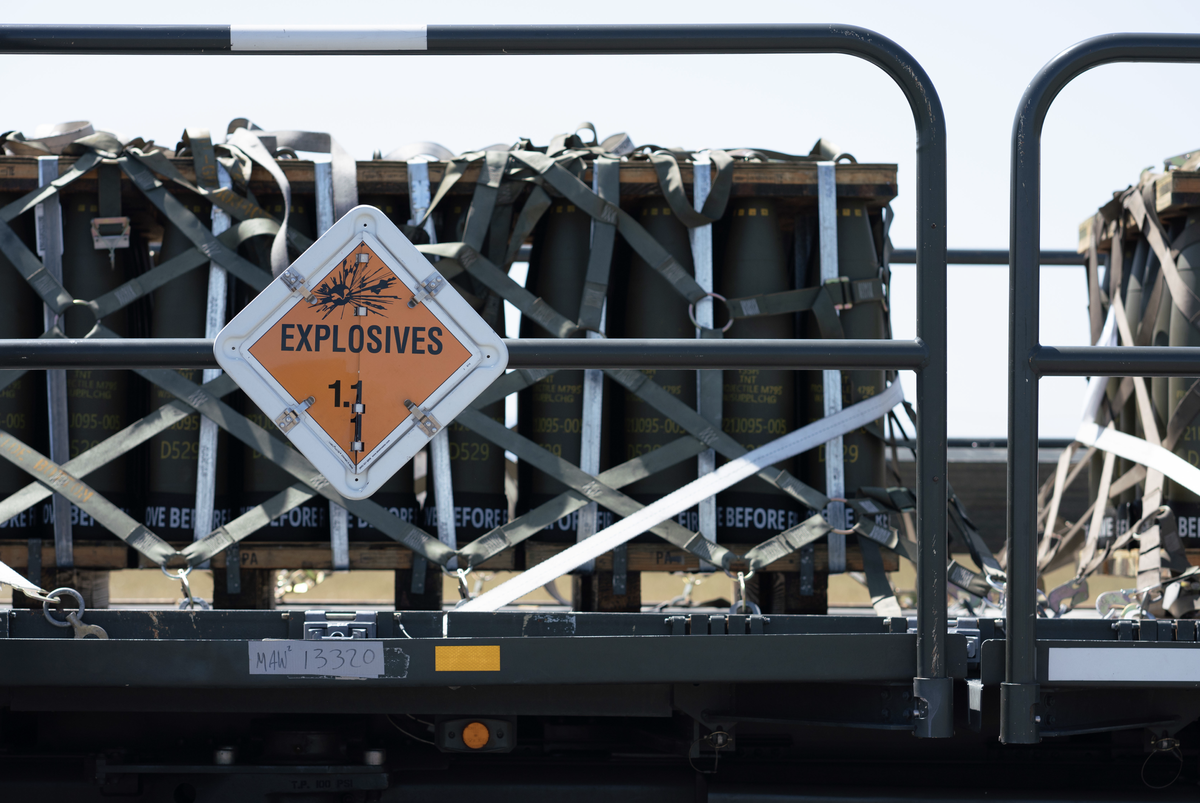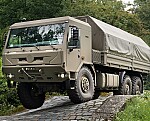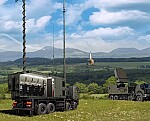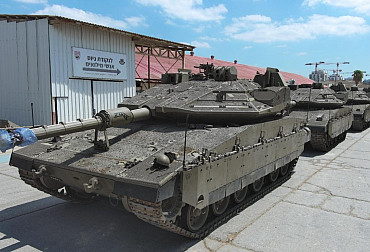U.S. Munitions shipments to Ukraine delayed due to German Rail contract issues
U.S. shipments of ammunition to Ukraine faced significant delays last year, primarily due to complications with a U.S. military contract with Germany’s national rail operator, Deutsche Bahn. These "multiple delays," which spanned December 2022 to January 2023, were highlighted in a recent Defense Department Inspector General (IG) report. The delays reportedly coincided with Ukraine's dwindling supplies of U.S.-provided ammunition, placing additional strain on the country's defense capabilities amid the ongoing conflict with Russia.

The Underlying Issues
The root of the problem lies in a deficient agreement between U.S. European Command (EUCOM) and Deutsche Bahn. The report notes that this agreement overlooked certain critical criteria—although these specific details remain redacted—effectively limiting Deutsche Bahn's obligation to provide the necessary transport services. One section indicates Deutsche Bahn may have refused specific requests for service, further exacerbating delays. Given that Deutsche Bahn is state-owned, Germany's federal government holds direct influence over its operations, making the issue one of both logistics and international diplomacy.
Without a revision to the agreement, the IG report warns, future delays in ammunition shipments to Ukraine could recur. As of July 2023, no amendments to the Deutsche Bahn contract had been made, leaving the supply route vulnerable to similar disruptions.
Recommendations for Future Logistics
To mitigate future delays, the IG report recommended that EUCOM explore alternative shipping solutions. The deputy director for logistics at EUCOM concurred, agreeing that the military’s agreement with Deutsche Bahn required revision. The command also supported the suggestion to investigate additional seaports and logistics avenues, aiming to reduce dependency on Germany’s strained rail system.
A separate analysis by the German Council on Foreign Relations, published in June, sheds light on broader issues facing Germany’s rail network. Military goods face stiff competition from commercial freight, and Deutsche Bahn Cargo lacks the flat-bed wagons needed for transporting oversized or heavy military equipment. Despite an agreement to reserve 343 flat wagons for the German military, Deutsche Bahn Cargo’s capacity is still stretched, leaving little room for additional demands, especially for foreign military shipments like those needed by the U.S. and its allies.
Implications for Future Aid to Ukraine
The persistent logistical challenges highlight a potential weak link in the supply chain for Western support to Ukraine. Ensuring rapid delivery of munitions and military equipment is critical as Ukraine continues its defense against Russian aggression. With bureaucratic hurdles, underfunded infrastructure, and limited transport capacity, Germany’s rail system may struggle to keep pace with the demand for rapid, large-scale shipments of military aid. The recent delays underscore the need for diversified logistics solutions to support Ukraine effectively.










